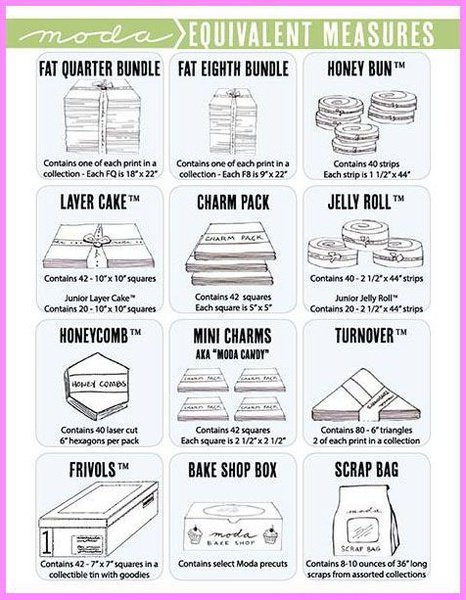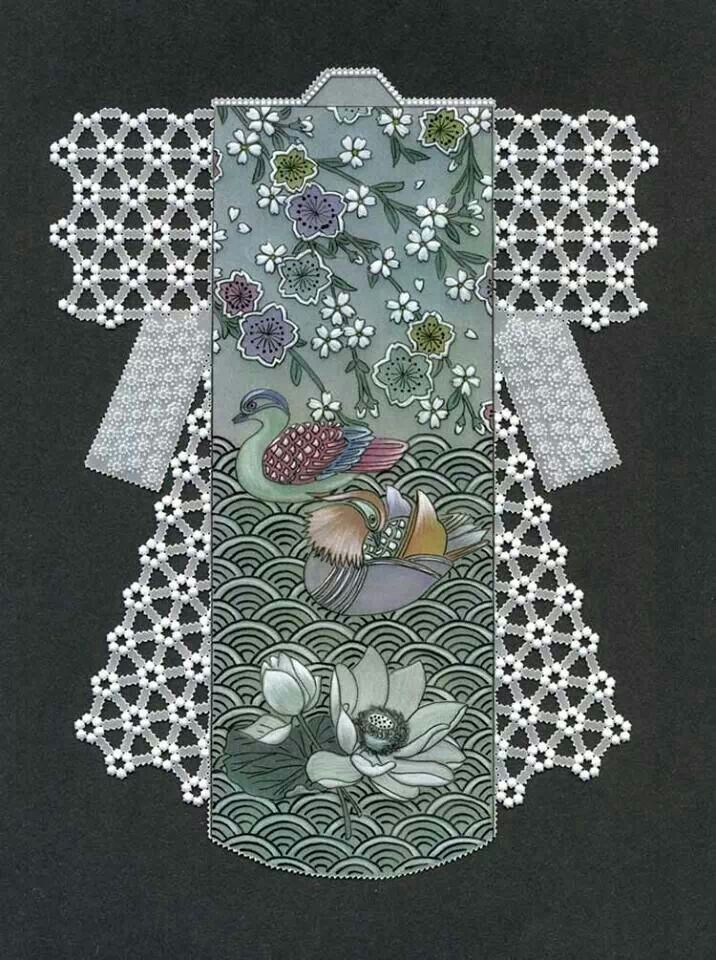
Puzzle solving is a great way pass the time. This centuries-old hobby not only improves short term memory and visual-spatial reasoning but it is also beneficial for your health. You must choose the correct color to solve a puzzle. You can usually choose between eight colors for your background. These colors include white, blue, gray, and green. As you progress through the puzzle, a timer will show you how long it took you.
jigsaw puzzles are a centuries-old pastime
In the late 1800s, mapmakers created jigsaws to keep people busy and entertained. They would mount maps onto a hardwood board, and then cut the pieces using a maquetrysaw. Later on, solid-wood jigsaw puzzles were created by leading lithographers. This was a time when America was becoming more successful economically and the jigsaw puzzle was widely available to the masses. In the 1920s, puzzle-makers began to create a huge market for their puzzles. Each week, they produced more than 10,000,000 jigsaws. This boom came at a time when there was a pandemic of coronavirus, which kept people indoors for prolonged periods. The result was a boom in sales of jigsaws puzzles.
Jigsaws puzzles have become a very popular form of educational toys. Puzzles became a popular gift choice for children. A larger share of the market for children's toys was taken over by the toy industry. In the late 1800s, puzzles became accessible to adults. The rise of the toy business prompted a reassessment on the history of the puzzle. In the early 1900s, adults could also purchase jigsaws without seeing the box.

They enhance short-term memory
Despite being a popular activity, many people are not aware that daily jigsaws can help improve short-term memory. Although they have not been studied for their cognitive benefits specifically, this common leisure activity can increase a variety of cognitive abilities. A 30-day home-based jigsaw puzzle program, along with four sessions of cognitive counseling, can dramatically improve short-term memory.
Jigsaw puzzles are a brain exercise that stimulates both the left side and right. It improves short-term memory, problem-solving skills, and your ability to remember things quickly. This mental exercise can improve your attention span. Bill Gates himself, the founder and CEO of Microsoft, says he enjoys puzzles and gets a lot off it. Jigsaw puzzles help young kids learn to see the bigger picture and recognize shapes and patterns.
They improve visual-spatial reasoning
Jigsaw puzzles can improve the visual-spatial reasoning abilities of a person. University of California, Berkeley has found that the amount of time someone spends solving a puzzle daily was significantly related to their visual-spatial reasoning abilities. Researchers found that both women and men can increase their cognitive abilities by solving jigsaws.
Jigsaws puzzles can help with stress reduction and visual-spatial reasoning. They can improve your mental clarity and help you see things from a new perspective. They improve attention and concentration. Jigsaw puzzles are also easy to solve without thinking, which can help reduce stress. Jigsaws aren't too difficult, which makes them great for people who have difficulty concentrating for long periods.

They improve physical and mental health.
Although many people don't know the benefits of jigsaw puzzles they can actually improve brain function. Puzzles stimulate brain activity, including the frontallobes, the hippocampus and the hippocampus. This area is responsible for memory and concentration as well as motivation. In addition, they can lower your blood pressure and increase your brain's production of dopamine.
Researchers have found that jigsaw puzzles help maintain brain health and can prevent a range of cognitive problems. It's safe, with no known side effects. Solving puzzles every day may not be a good idea for everyone. For this reason, it's best to do them with a partner. If you are unsure whether jigsaws puzzles suit your lifestyle, it is a good idea ask friends and relatives to join you.
FAQ
What are your educational hobbies?
An educational hobby involves a sport or other activity where you can learn something from doing it. It could be anything from playing sports to learning how to play an instrument.
It should be enjoyable and fun for you. You don’t have to do it constantly, but you should consider what other activities you could be engaging in instead.
You should also make sure that you are not spending too much money on these activities. It could end up costing your more than it's worth.
What are observation hobbies?
Observation hobbies can be activities that you watch people do. It could be reading, watching sports or going on holiday. You could also observe other people.
Because they teach you how to think creatively, observation hobbies are great. You can draw on this knowledge later, when you work on projects for others.
You will discover that learning is easier when you are interested.
For example, if you want to know more about football, you may watch a game or read a book about it. If you want to learn more about photography, you could take or visit exhibitions.
If you enjoy playing music, you could play along to songs online or buy a guitar.
If you love cooking, you can either cook your meals at home or order from a local restaurant.
If you love gardening, you might grow vegetables or flowers.
If dancing is something you enjoy, join a dance class.
If you enjoy painting, you might paint pictures.
If you love writing, you might be interested in writing poems and stories.
Drawing pictures is a great hobby.
If you love animals, you could look after pets or work at a zoo.
You could choose to study biology, maths, chemistry, or physics if you are interested in science.
If you like history, you could read books, watch films or listen to podcasts.
If you like traveling, you could travel abroad or explore your local area.
What are some good hobby ideas?
Hobby Ideas that are great for people who enjoy teaching others.
Hobbies can be a great way to have fun and learn something new.
While there are many types of hobbies available, most share the same characteristics. They are usually enjoyable activities that don't require a lot of effort and can be very economical.
These include working with others to teach someone how to use an instrument or build an airplane.
Even though you might not think of yourself to be a teacher or a tutor, chances are there are things you can do that could help someone else.
You can make a difference in the lives of others by starting a hobby.
What are some hobbies that would suit introverts?
Introverts can focus on only one thing at a given time. They prefer solitude, such as reading, writing music, or watching movies.
They also love to spend quiet time by themselves. They do not like to socialize all day. In fact, they can often be bored when surrounded with people.
Introverts are often drawn to hobbies that require solitude. An introvert might like to read, listen to music, take photographs, paint, write poetry, or even create art.
Introverts may even prefer to live alone. They can focus on their hobbies and not be distracted by other people.
What are some good hobbies ideas?
It's the hobbies you are most passionate about that make you happy. If you enjoy what you do, it will be much easier to keep going. If you don't feel well or tired, you will always have an excuse!
Our hobbies include painting, crafts, photography and cooking.
Volunteering could be a great option.
Suppose you're looking for something more adventurous. You might consider scuba diving or skydiving.
There are many unique ways to spend time in the outdoors, whether you're looking for adventure or a more traditional way to do it. These include caving.
What is a hobby for kids?
For kids, a hobby can be any activity that they are interested in doing as part of their everyday routine. Kids might enjoy drawing pictures, making things, painting, writing, crafting, and other activities.
Many parents are concerned that their children may get into trouble if allowed to do as they please. However, this is not always true. This is true even if your child isn't causing harm to anyone or their own safety, then they won't be in trouble.
It's important for people to understand that just because they like something doesn't necessarily mean they'll choose it all the time. They might decide to draw instead of write if they enjoy drawing pictures.
There are lots of different types of hobbies out there, so it's really up to you to pick one that you enjoy most.
Statistics
- The intensity of the dialogue partners' bond at the end of the forty-five-minute vulnerability interaction was rated as closer than the closest relationship in the lives of 30 percent of similar students. (time.com)
- This 100% accurate personality-analyzing hobby quiz discovers your passion based on your characteristics. (quizexpo.com)
- Almost 80% of people claim to have no hobby. (hobbylark.com)
- Much of this decline reflects the fact that teens are less likely to work today than in the past; among employed teens, the amount of time spent working is not much different now than it was around 2005. (pewresearch.org)
- In comparison, men in the “no humor” condition were refused 84.6% of the time and were only accepted 15.4% of the time. (time.com)
External Links
How To
How to learn a musical Instrument
There are many options for learning how to play the piano. You could attend a school, read a book, get lessons from someone who plays a musical instrument, or look at videos online. Here are some tricks and tips to help you find your way.
-
Find something that interests you. If you don't like any of the instruments you see around, then you should try another one. It is difficult to enjoy an instrument if it is not something you are interested in.
-
Be patient. Learning anything new takes some time. Do not expect to be able to master every aspect of the subject immediately. Keep practicing each day.
-
Practice regularly. Even if you feel tired, keep practicing. This will help you remember what you've learned.
-
Choose a good place to practice. Ideal is a quiet area where you don't have to disturb anyone else. You should also make sure there aren’t any distractions. Also, don't let loud music play near your home.
-
Have fun. Music should be enjoyed. Make sure you have fun while practicing. You will be motivated to do more if you have fun.
-
Set goals. Setting goals will help you to know exactly what your goal is. You will never be ashamed to fail.
-
Keep track of how you are doing. List all of your successes as well as your failures. It will help you become a better person over time.
-
Take breaks. Sometimes you just need to take a break. It is a good idea to take breaks so you can think about everything.
-
Ask questions. Ask others if there are any doubts or questions regarding the instrument. They may be in a position to assist.
-
Listening is the best way of learning. Many musicians enjoy listening to their favorite songs and trying to imitate them. This helps musicians understand the fundamental concepts of the song.
-
Read books. Read books to learn more than just watching videos or learning from classes. Books contain information you will not find anywhere else.
-
You can join a band. You'll be more motivated to practice when you are playing with others. Plus, you will meet people who share similar interests as yours.
-
Take a look at tutorials. Tutorials are short videos that give detailed information on a topic. These videos typically focus on one aspect of the instrument. Tutorials can help you understand complex parts of your instrument.
-
Different methods are possible. Some people learn best by reading, while others prefer lectures. Experiment until you find what works best for you.
-
Practice makes perfect. There is no way to be an expert overnight. Instead, it takes time and effort to become proficient enough for you to succeed.
-
Learn from other musicians. Listening to your fellow musicians perform their favourite songs can help you learn quicker.